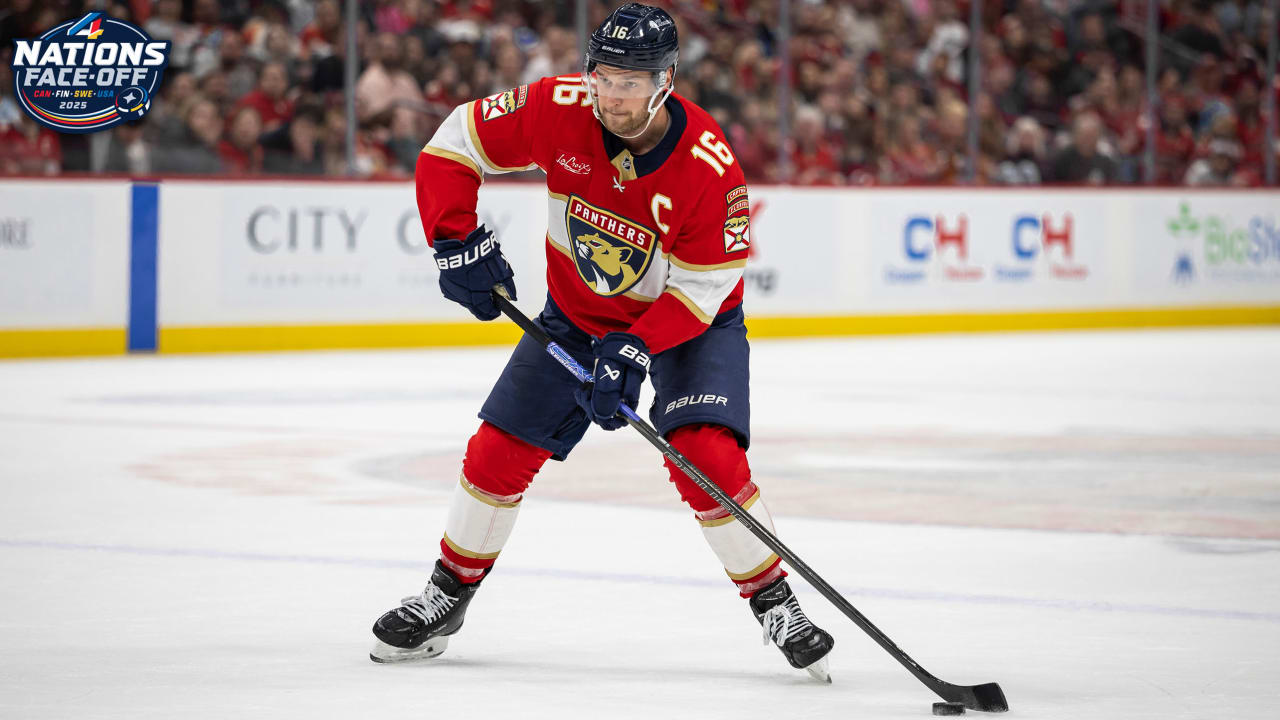I wasn't aware anyone made the argument that there are players who cannot be leaders? When organizations give the 'C' and 'A's' to certain players - are there not expectations associated with those roles that are not placed upon, let's say 1st and 2nd year players? Of course there are. Which is why it makes sense that a players can 'assist' with the leadership duties in the same way that it makes sense that assistant coaches 'assist' with the coaching duties. I don't know why this is controversial.
There is a rule in the rulebook that only a captain may discuss calls with a referee or approach the referee's crease (that half circle outside the penalty boxes) to speak to the referees when they are in it, and if the captain is not on the ice, a designated
alternate may. Goalies, by rule, may not be captains or alternates because for them to skate out of the net to the referee's crease (which players may not enter when refs are discussing calls) would significantly delay the game. Goalies may be leaders on a team, but they are not allowed to fill that role. Hence why when Luongo was the captain in Vancouver a few years ago he wasn't allowed to wear a letter on his jersey, and they had three alternates instead.
That's the formal job of a captain in hockey. Obviously there are additional leadership duties, but that is an informal team role, not an official in-game role. Alternates are called "alternates" because they're the ones allowed to talk to the refs when the captain is not on the ice. You're not allowed to leave the bench to argue a call, so you should, in theory, always have a captain or an alternate on the ice to do it.
Obviously, the talking to refs rule is never enforced. Refs discuss calls with any player all the time, anywhere on the ice, and don't usually bother with the referee's crease. But you occasionally see it when they're sorting out a large bunch of penalties at once. Captains or alternates will wait outside the crease and argue their cases. But that's why they're called alternates- they sub in for the captain for discussions with refs when the captain is not allowed to leave the bench.





